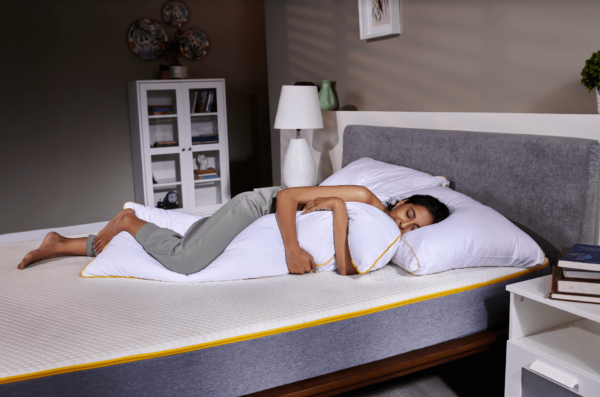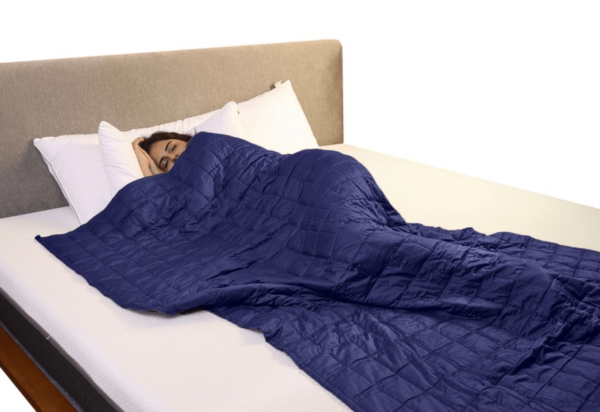Between the emails that need immediate answers, meetings that always run a little too late, and last-minute duties, caring for ourselves has taken a backseat. Meeting deadlines and being productive often means we cut out on an essential part of self-care — sleep.
How is sleep self-care?

The intention of self-care, whether that’s through rewatching your favourite movie/show, sharing a cold one with your friends or some retail therapy, is to get better and improve your health. Sleep then is crucial to self-care, even if you discard the rest of the actions that are marketed as self-care. The brain and the nervous systems attached to it take their cue when we’re asleep, to recharge and restore. Even when self-care is widely acknowledged as an essential habit, we still feel guilty about sleeping or taking a nap. Somewhere in the conversation about self-care, we started viewing spending money on expensive things as a way to take care of ourselves.
The marketing around these fun products neglects to remind us that playing a video game, gardening or even staying in bed is self-care too. Our hobbies and activities are designed for downtime, so our brains can take a break.
Between the retail marketing and reading of entrepreneurs who only sleep 4 hours a day for productivity, we began viewing sleep as insignificant and merely a means to an end. We forgot to make it a part of our self-care routine.
How do I make sleep a part of my self-care routine?
Make sleep a habit and prioritise it by making it an essential part of your self-care routine. Plan and schedule rest, just as you schedule work and meetings. Mark it in your calendars, set yourselves a few reminders to snooze.
Sleep isn’t a means to an end. It’s an essential part of surviving and thriving as a human being. Without sufficient and quality sleep, you’re not going to be able to process each day. Your central nervous system is responsible for sending information to your brain. However, if you haven’t had enough sleep, this information delivery system gets disrupted, making it harder for your brain to receive information.
How do I sleep well?

It’s vital to get good quality sleep. If you experience broken sleep or feel groggy in the morning regardless of how long you’ve slept, a sleep routine that includes light stretches, meditation and getting rid of all your screens can improve sleep quality.
Too anxious to sleep? There’s a blanket for that. Weighted Blankets were designed to help those with insomnia and/or anxiety with deep pressure therapy. A Cuddle Pillow `on the other hand could help you keep your spine aligned while also helping you release some stress and have some more feel-good hormones (oxytocin) before you sleep!
A quiet, dark room with no distractions or screens and accessories that aid your sleep is how you can practice some sleep care every day.
In a fast-paced world, it can seem like resting or sleeping is insignificant. Or it may feel like doing so makes you lazy. But with the world moving toward revolutionary acts of self-care, it’s necessary to remember that sleep is also an act of self-care. You aren’t lazy to nap or sleep in. It’s essential for your well-being. Taking care of yourself, and investing in yourself isn’t self-indulgence, it’s self-preservation.

